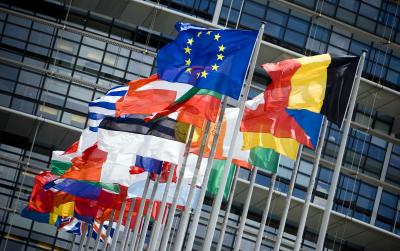Business as usual or peace in our time?

Few will argue that the European Union is functioning well. Indeed many predict it is doomed.
One of the founding principles of the 1957 Treaty of Rome was free movement of persons, yet this principle has been sorely neglected. A European economic community which is not underpinned by a shared European identity of peoples, will inevitably lead to member states seeking exit referenda, such as the UK’s on June 23.
Individual states behave selfishly and are happy to receive capital investment and business but less happy to receive migrant workers seeking to improve their lives. The institutions of the EU have failed to redress this imbalance.
A case in point is Italy’s discrimination against its “lettori”, non-Italian lecturers. The Italian Insider has consistently highlighted the importance of this case, in which one EU member state, Italy, has been allowed to discriminate against the citizens of all of the other member states despite six judgments of the European Court of Justice.
The case shows that the EU has no coherent policy on free movement of people. Immigration is a serious problem throughout Europe and may prove to be crucial in the UK referendum on exiting the EU.
That xenophobia and political rhetoric throughout Europe is becoming increasingly ugly and menacing, is undeniable.
Those supporting British exit assume that it will be business as usual as the UK joins EFTA and enjoys the same prosperity as Switzerland, Norway and Iceland while consolidating trade agreements worldwide and regaining its lost sovereignty.
They downplay the ideals of the founder members of the Common Market, namely to make further armed conflict in Europe impossible or at least less likely.
It is NATO, not the EU they glibly declare, that has guaranteed our safety and security.
Norway, Iceland and Switzerland have together just over 13 million citizens, a fraction of the UK. The non-engagement of those countries in the shaping of the coming communities may be inconsequential.
It is less difficult to see how either Britain, and Europe as a geographical entity, would not be destabilised should Britain disengage with the EU.
Those of us born post-1945 should count ourselves fortunate.
Europe’s history shows that when unemployment soars and populations move, tanks inevitably appear.
ch


